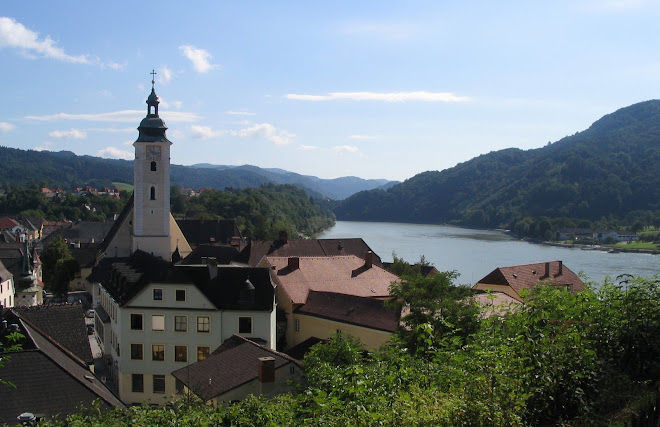Led by the warlike yet benevolent Prince Rupert, the small but strategically located principality of Lichtengrein (pronounced 'leesh-ten-grein' - as in stein) is a well established and proud nation state that has seen and fought in many wars. Dating back to the time of the first crusade, Baron Grein and those under his command distinguished themselves in combat - upon his return from the holy land a grateful Pope Urban II blessed 'Baron Grein's knight motif' standard and allowed him to settle the lands of the area now known as Lichtengrein, 'Grein land of light', from whence he departed to do god's work.
Located on the fringes of the Electorate of Bavaria and the upper reaches of the Hapsburg Empire its unique position has enabled it to remain a neutral principality and establish an independence of it own. Despite its wish for peaceful trade between its neighbours it maintains an effective and capable army ready to defend its borders, which it often has to do.
In recent history, Rupert's father, Prince Wilhelm, fought under Duke Max Emanuel of Bavaria during the War of Spanish Succession. This allegiance brought him into close contact with Spanish and French Bourbons for which his services were much appreciated. However, following the battle of Hochstadt in 1704, Lichtengrein fell under the hegemony of Austria, thus beginning a long association with the Austro-Prussian-British alliance. By this twist of fate Lichtengrein established close ties with all the courts of Europe.
 Young Prince Rupert listens obediently to the great stories of his father
Young Prince Rupert listens obediently to the great stories of his father
Prince Rupert, schooled in the arts of war by none other than Frederick of Prussia and Marshal de Saxe, has had a truly privileged military education – this is vital to the security of the country. Spending time both in the Prussian and French courts, present at a number of significant battles, the handsome prince, distantly related to his namesake of the Palatinate, moves his army with the likeness of a pistol. His great fame as a kind and gifted commander does his nation state much honor.

Prince Rupert rides alongside King Frederick of Prussia
Economically driven by taxes collected by the goods peddled between western and eastern European countries, which must pass via the great river Danube which runs along its border, the strong Lichtengrein castle dominates this waterway. Surrounded by formidable hills and many pine forests that protect the approaches to the city, god has blessed this small country with natural geographic defenses and a flourishing trade base in a time of booming economies following the miseries of the 17th century.

Even though the country has limited manpower, the vast wealth its tax collecting ways generates has made Prince Rupert rich and his people happy. A lack of human resources has resulted in a well established tradition of using foreign contingents to form the basis of its field armies that has countries eager to send forces to serve the well paying prince. These troops, arrayed alongside the nucleus of the small but fiercely loyalist troops of Lichtengrein, make her armies much feared even amongst great powers and often sort after as allies.
In the manner of many 18th century nations, alliances come and go and are an accepted way of life amongst the courtiers of Europe. However, the Slavic hordes to the east of Lichtengrein are much hated due to a number of hostile attacks that have almost resulted in the fall of the prince’s realm. Such instances have made the armies of Gaveretski the Terrible the enemy of Prince Rupert’s enlightened and noble countrymen and thus their fiercest and most hated foe.





No comments:
Post a Comment